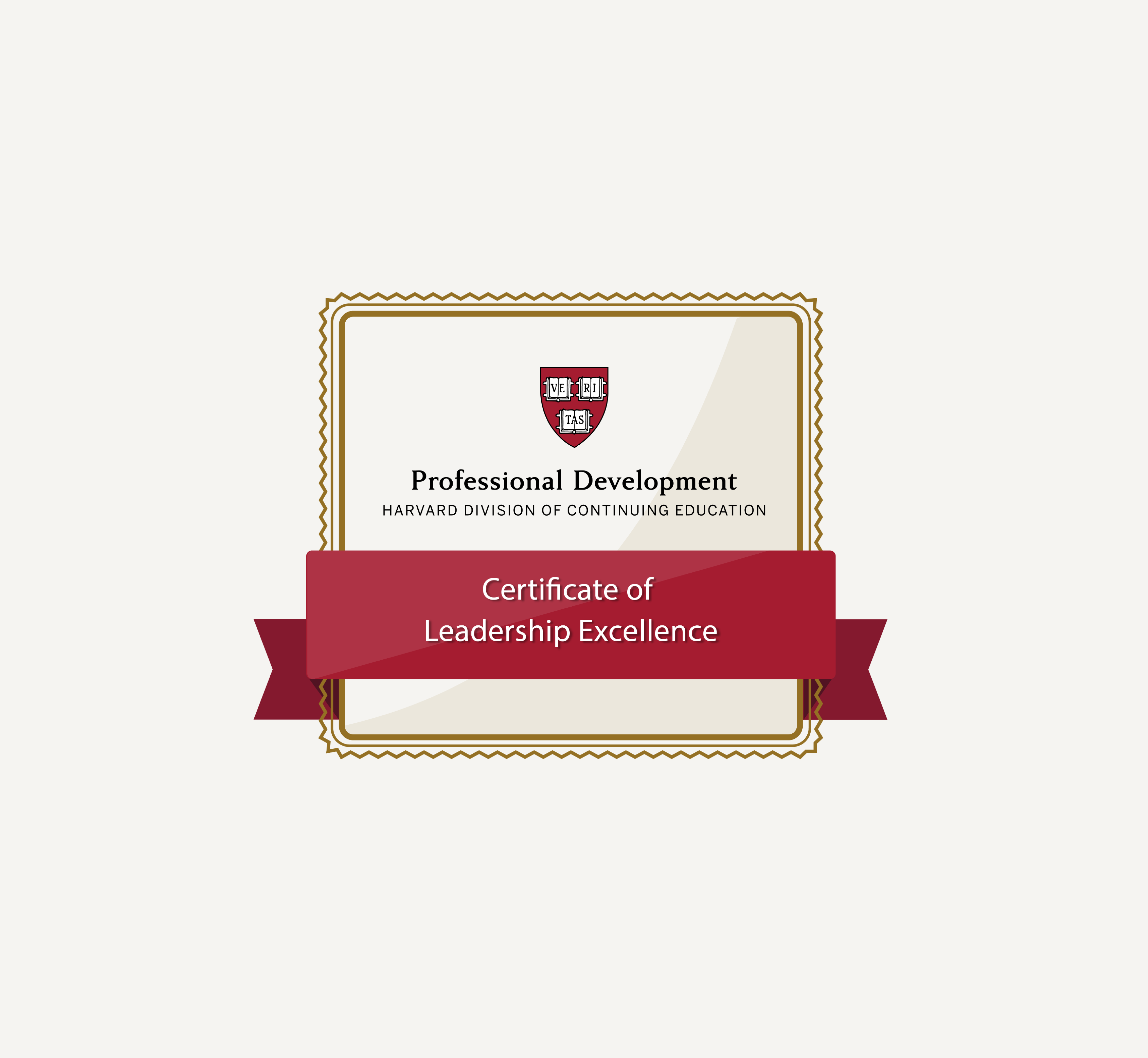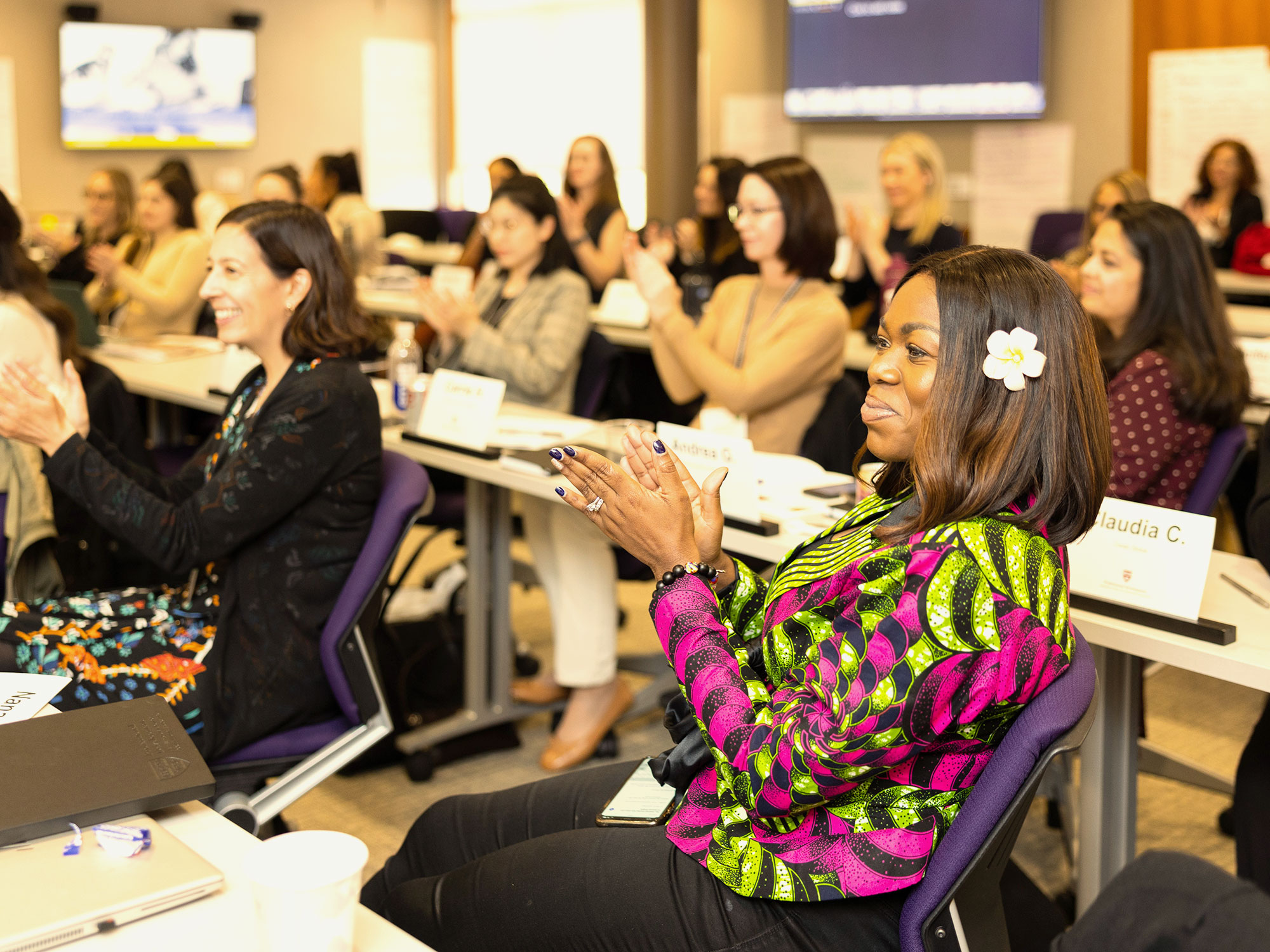Authentic Leadership: What You'll Learn
The word “authenticity’ is being embraced by organizational cultures worldwide. We are witnessing an ever-increasing call for authenticity from leaders at all levels amidst our volatile and uncertain world.
This intensive program unpacks the myths and realities of authentic leadership and provides research-based tools, activities, and strategies to become a more authentic, mindful leader. You will explore the paradox of authenticity in the workplace, learn to lead from your most authentic self, and identify practical ways in which you can lead authentically today.
Participants can expect in-depth self-reflection, case discussions, and practical activities and tools to gain clarity and confidence as their most authentic selves—all within today’s organizational context.
Program Benefits
- Identify your real values and understand how they influence your actions as a leader
- Learn the frameworks, tools, and strategies to step into your true power as a leader
- Achieve higher levels of trust in organizations, greater employee job satisfaction, and ultimately higher levels of group and organizational performance
- Gain the clarity, confidence, and courage to lead as your true and best self
- Discover your team’s authentic strengths
- Earn a Certificate of Completion from the Harvard Division of Continuing Education
Who Should Enroll
This program is designed for mid to senior-level managers seeking to expand their skill set in leading themselves and others more mindfully and more authentically. It is designed for leaders seeking a more inspiring way of thinking about their role and the potential impact they can have in their organization and in society.
Leadership skills developed in this program will benefit for-profit companies, nonprofit organizations, educational institutions, and government agencies alike.
Topics Covered
- Distinguishing between helpful and unhelpful authentic behaviors
- Understanding and leveraging your unique leadership strengths
- Exploring and leveraging the relationship between mindful leadership and authentic leadership
- Building trust and transparency in your team as an authentic leader and navigating the authenticity paradox
- Cultivating a team based on team members’ individual and aggregate strengths and their authentic selves
September Schedule
Week 1
- Your Authentic Self
- The Authentic Organization
Week 2
- Authenticity in Teams
- Your Authentic Self as a Leader
December Schedule
Week 1
- Your Authentic Self
- The Authentic Organization
Week 2
- Authenticity in Teams
- Your Authentic Self as a Leader
January Schedule
Week 1
- Your Authentic Self
- The Authentic Organization
Week 2
- Authenticity in Teams
- Your Authentic Self as a Leader
March Schedule
Week 1
- Your Authentic Self
- The Authentic Organization
Week 2
- Authenticity in Teams
- Your Authentic Self as a Leader
Instructor
-
![Anne Occhipinti]()
Anne Occhipinti
Anne is the assistant dean for professional education at the Harvard T.H. Chan School of Public Health. She conducts many leadership and professional development trainings with a particular emphasis on self-awareness.
Instructor
-
![Anne Occhipinti]()
Anne Occhipinti
Anne is the assistant dean for professional education at the Harvard T.H. Chan School of Public Health. She conducts many leadership and professional development trainings with a particular emphasis on self-awareness.
Instructor
-
![]()
Clara Angelina Diaz-Anderson
Clara Angelina Diaz-Anderson is an internationally recognized executive coach, leadership educator, and author whose mission is to cultivate authentic, confident leaders who drive systemic and sustainable change. As the founder of the ClaraFying Coaching and Consulting Institute, Clara has created a space where leaders develop with clarity, confidence, and consciousness. She is an instructor for the Authentic Leadership, Executive Leadership Coaching, and Leadership Coaching Strategies programs, and is a coach for the Women in Leadership programs at Harvard’s Division of Continuing Education.
Instructor
-
![Anne Occhipinti]()
Anne Occhipinti
Anne is the assistant dean for professional education at the Harvard T.H. Chan School of Public Health. She conducts many leadership and professional development trainings with a particular emphasis on self-awareness.
Certificates of Leadership Excellence
The Certificates of Leadership Excellence (CLE) are designed for leaders with the desire to enhance their business acumen, challenge current thinking, and expand their leadership skills.
This program is one of several CLE qualifying programs. Register today and get started earning your certificate.



